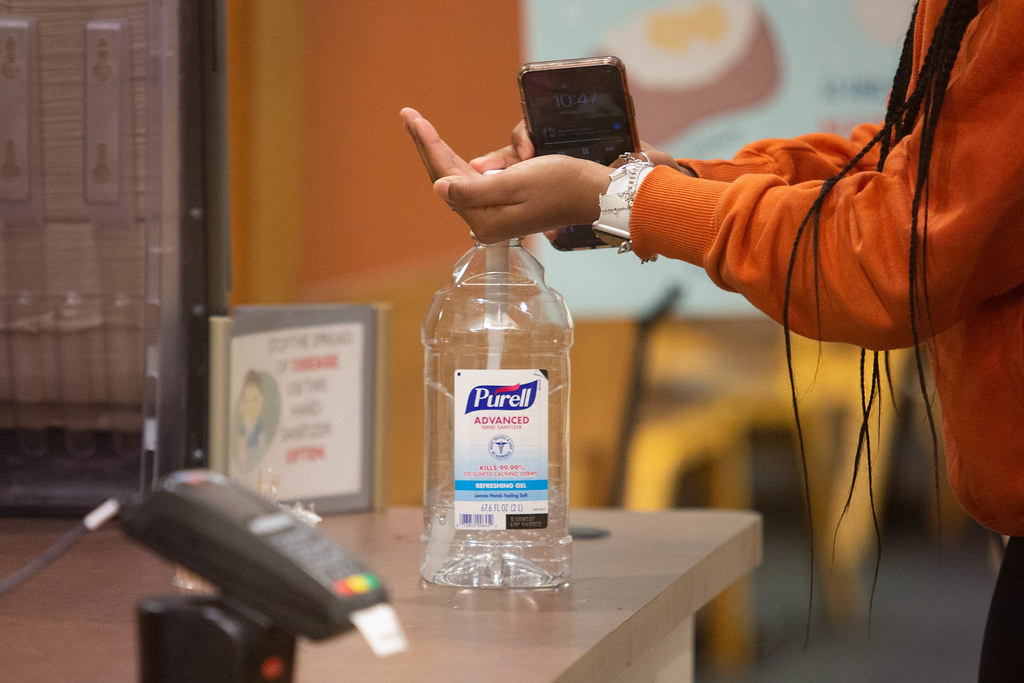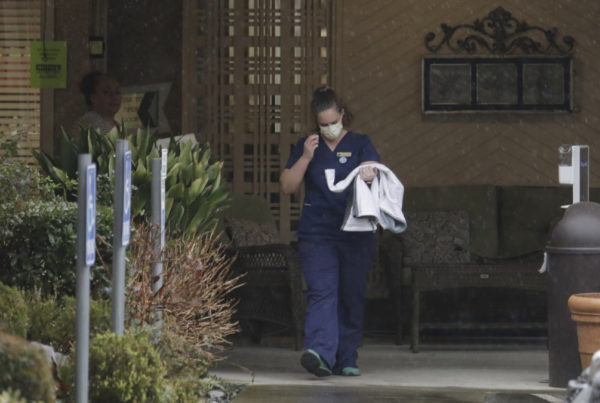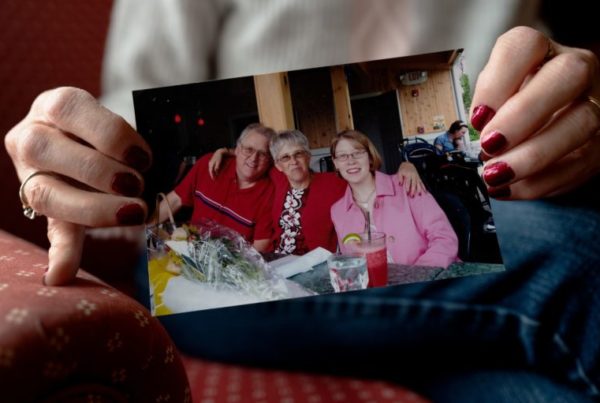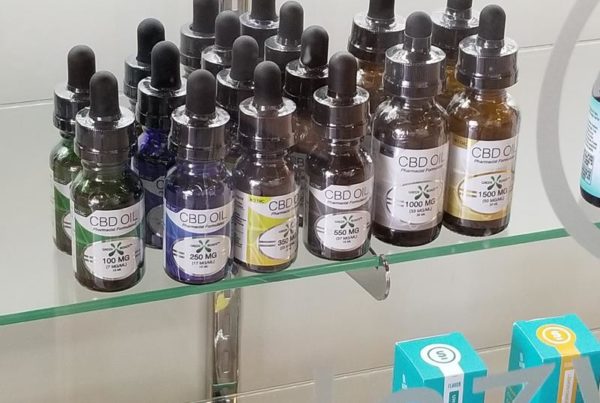The phrase “self-quarantine” is increasingly in the news these days as the coronavirus continues to spread in the U.S. and abroad. In Texas, the number of cases is relatively low compared to states like Washington and New York. But the risk here became more apparent on Sunday when Texas Sen. Ted Cruz announced he would self-quarantine after being exposed to someone at an event who later tested positive for COVID-19 – the disease caused by the coronavirus.
Dr. Susan Wootton is an infectious disease pediatrician at McGovern Medical School at UT Health in Houston. She says self-quarantine is a way for a person who suspects they’ve been exposed to the coronavirus, or has symptoms of COVID-19, to limit their contact with others. When symptoms improve, she says that person should call their doctor to see if they should end the quarantine.
The Centers for Disease Control and Prevention has self-quarantine recommendations, Wootton says. The quarantine should last 14 days, or the time it takes someone with COVID-19 to start showing symptoms. Someone in quarantine should first call their doctor, then stay in a separate bedroom from other family members and wear a mask. Anyone taking care of that person should also wear a mask and wash their hands frequently, she says.
Wootton says family caretakers should consider themselves on the “front line” of preventing the spread of the coronavirus. For them, wearing a mask is warranted, just as it would be for professional health care worker.
“But, again, we really need to protect our supply and be sure they’re being used in appropriate scenarios,” she says.
Wootton advises everyone to look to reliable sources because information changes quickly during an outbreak. She says starting with your doctor, then looking to county health authorities and, finally, looking at CDC recommendations.
Written by Caroline Covington.















